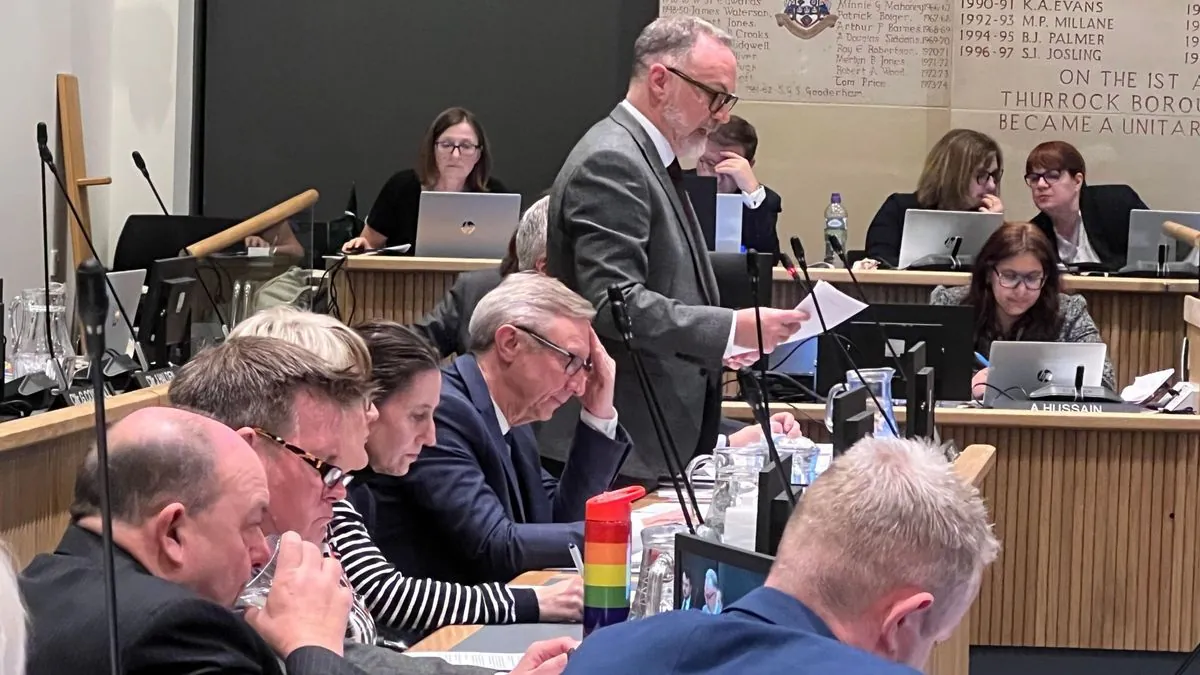The United Kingdom is currently grappling with an unprecedented number of public inquiries, raising questions about their effectiveness and value. As of September 2024, there are 18 ongoing inquiries, ranging from the extensive COVID-19 pandemic investigation to lesser-known probes that have been running for years.
One striking example is the inquiry into undercover policing, initiated by Theresa May in 2015. Nearly a decade later, it is still in progress, with Phase 2 hearings scheduled to continue until December 2024. This inquiry has already cost £88 million, with £37 million allocated to legal expenses.
The proliferation of public inquiries in the UK has been significant. Between 1960 and 1990, there were only 30 such inquiries. However, since the Inquiries Act of 2005, the number has skyrocketed to nearly 100 over the past three decades. The total cost of these inquiries is estimated to exceed £1 billion, with the most expensive to date being the Bloody Sunday Inquiry, which cost £195 million.
A House of Lords committee has recently called for a complete overhaul of the statutory inquiry system. Their recommendations include:
- Implementing fixed timescales to reduce costs
- Utilizing expert-led panels instead of solely relying on judges
- Ensuring follow-up on inquiry recommendations
"'Lessons learned' is an entirely vacuous phrase if lessons aren't being learned because inquiry recommendations are ignored or delayed. Furthermore, it is insulting and upsetting for victims, survivors and their families who frequently hope that, from their unimaginable grief, something positive might prevail."
The committee also suggested an increased use of non-statutory inquiries, which are typically faster, more cost-effective, and more flexible. This approach has been successful in other countries, such as Sweden and France, which completed their COVID-19 inquiries years ago.
The article proposes a return to the Royal Commission model to address broader societal issues. Royal Commissions in the UK have a long history, dating back to the 11th century. The last Royal Commission, focusing on the Reform of the House of Lords, reported in 2000. Unlike public inquiries, Royal Commissions are designed to tackle complex, long-term questions that require cross-party cooperation.
Some pressing issues that could benefit from the Royal Commission approach include:
- The future of the National Health Service
- Reforming the criminal justice system
- Addressing low productivity in the UK economy
- Managing immigration policies
- The impact of artificial intelligence on employment
- Sustainable decarbonization strategies
While public inquiries serve a purpose in investigating specific events or failures, they often fail to address the underlying systemic issues facing the nation. By reviving the Royal Commission model, the UK could potentially find more comprehensive solutions to its most pressing challenges.
